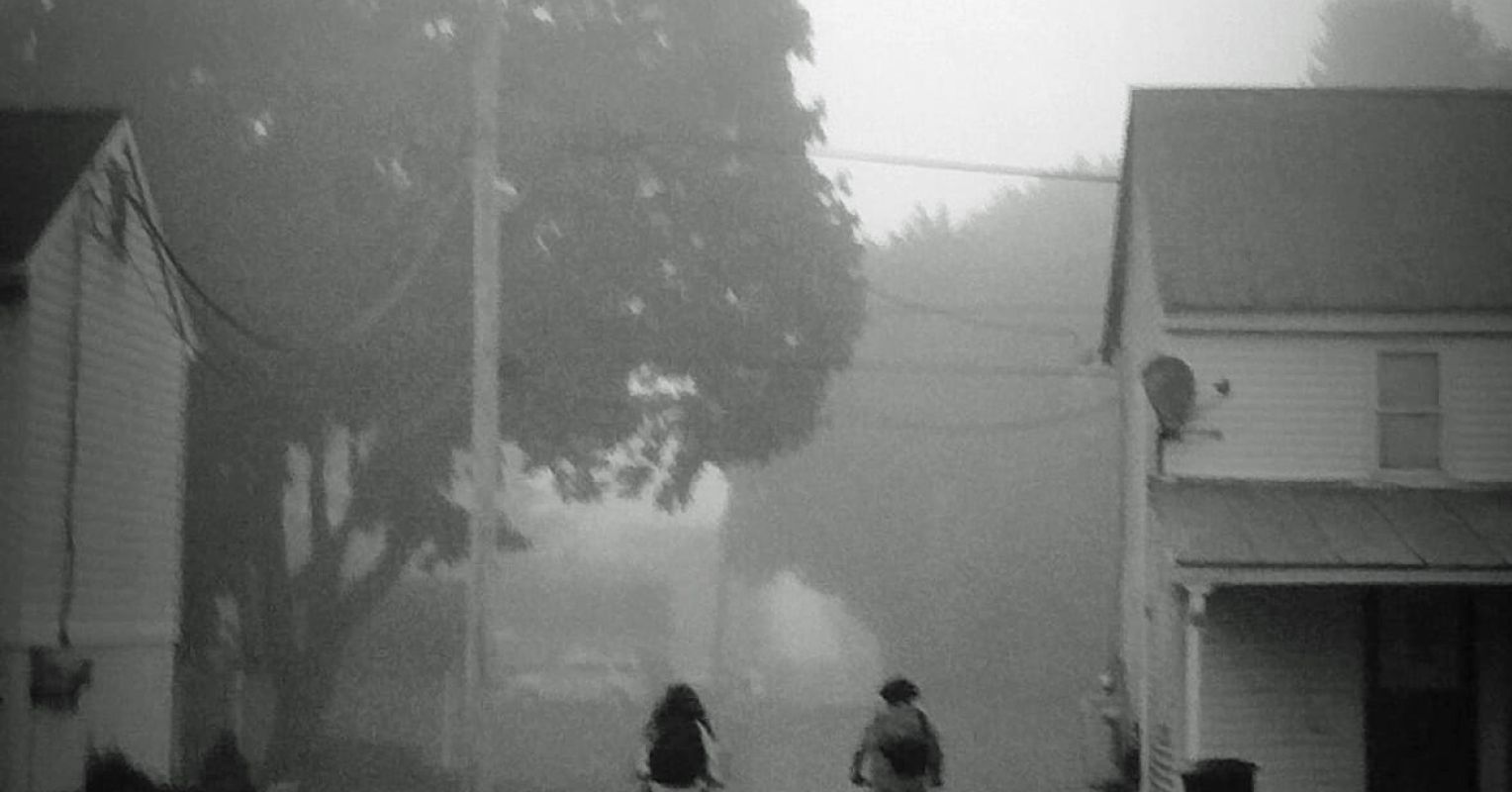
"As we transition from childhood to adulthood, time shifts from being an abstract concept to a tangible reality, marking our existence and mortality."
"The understanding of our mortality can transform the way we view time, making it both precious and a source of grief in our lives."
"Embracing the present and creating rituals around our experiences can help us find meaning in the finite nature of our existence."
"Heidegger's notion of 'beings-toward-death' encapsulates our intrinsic awareness of time and mortality, shaping how we live our lives."
As children, we perceive time as endless, defined by routines like school bells and holidays. However, as we grow older, this abstract notion transforms. Philosophers argue that humans are fundamentally 'beings-toward-death', suggesting that our awareness of mortality shapes our existence. This realization leads to a deeper understanding of time—not merely as a unit of scheduling, but as a finite resource. Acknowledging our mortality can evoke grief, yet it also encourages us to embrace the present, honor our stories, and cultivate meaningful rituals as we navigate life.
Read at Psychology Today
Unable to calculate read time
Collection
[
|
...
]